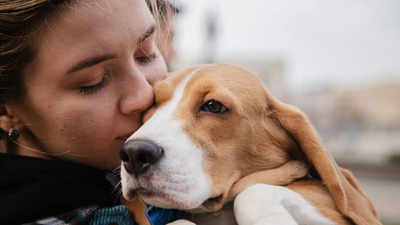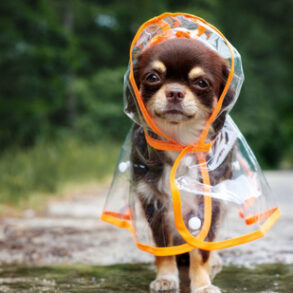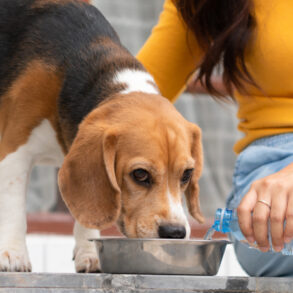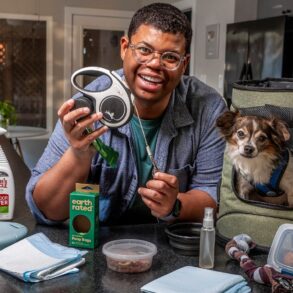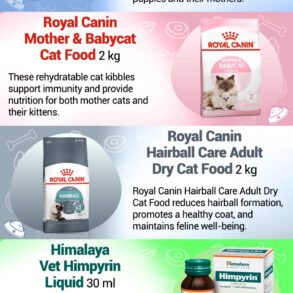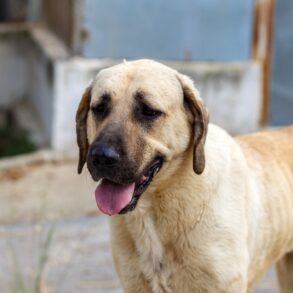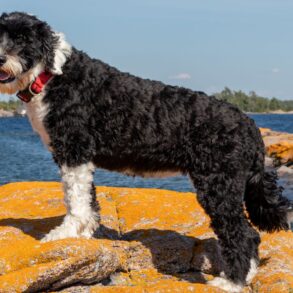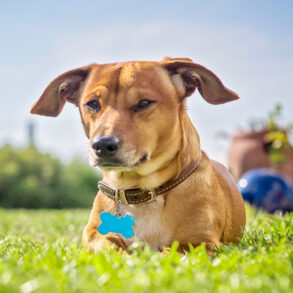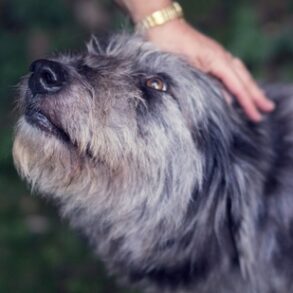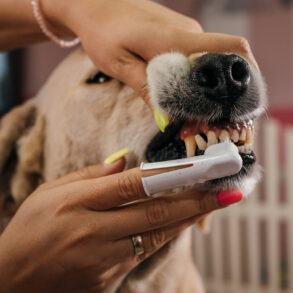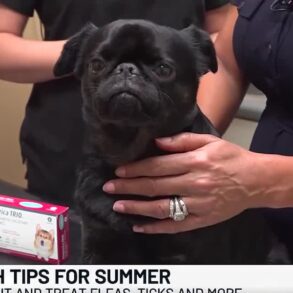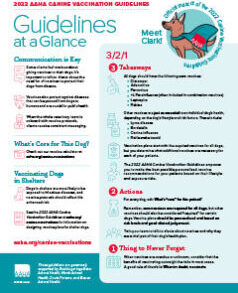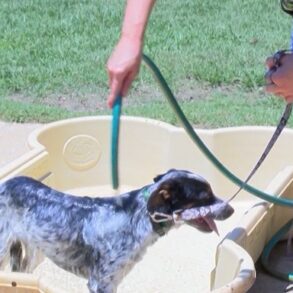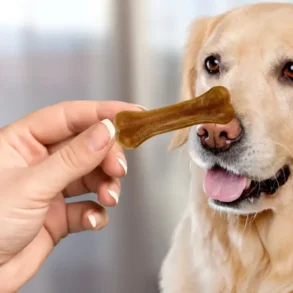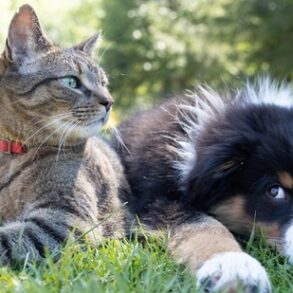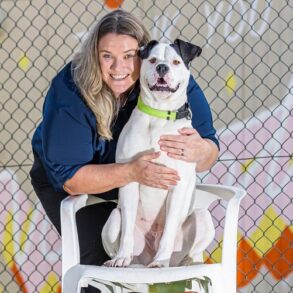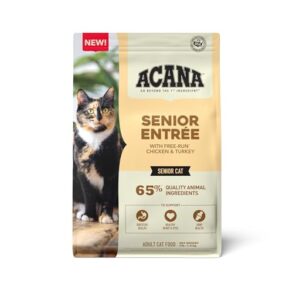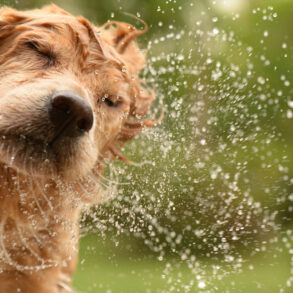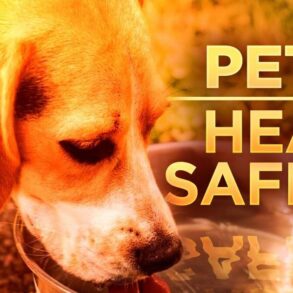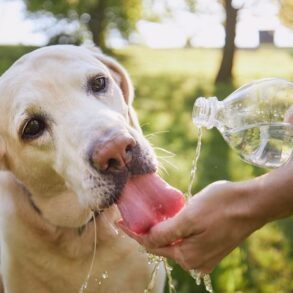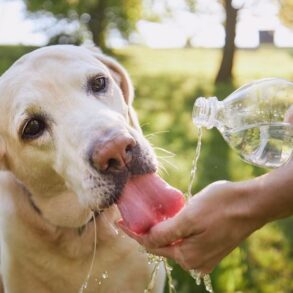Owning a pet brings so much joy, companionship, and unconditional love. But does it also come with the risk of catching infections? A 2024 research has pointed out on how some bacteria, such as Salmonella, can pass between pets, especially dogs, and humans. But don’t worry—this doesn’t mean you should be scared of your furry friend. Here are the facts and see how you can protect yourself and your pet.
What did the study find?
A recent study discovered that dogs can carry Salmonella bacteria. The study examined strains of nontyphoidal Salmonella (NTS) obtained from canines and humans over a six-year period in 17 US states. Some bacterium strains in dogs closely resembled those in people, raising concerns regarding transfer.
What’s interesting is that Salmonella in dogs can either show symptoms or remain completely hidden, meaning even a healthy dog can carry the bacteria. This doesn’t mean dogs are dangerous; it simply highlights the need for awareness.

Are antibiotics making things worse?
The study also pointed out that some Salmonella strains found in dogs were resistant to important antibiotics. This is partly because these medicines are often used in both human and veterinary medicine. Antibiotic resistance makes infections harder to treat and can pose risks if humans get exposed.
This finding stresses the need for better antibiotic use in both pets and humans, as well as continued monitoring of bacteria that can spread between animals and people.
Should pet owners be worried?
Not necessarily! While the study highlights the potential risks, it’s important to remember that these cases are rare and usually linked to improper pet management. For example, handling pet food poorly, not cleaning up after your dog, or letting your pet roam unsupervised in contaminated areas can increase the risk.
Bacteria like Salmonella are not inherently “bad”; their effects depend on the context. Healthy habits and cleanliness go a long way in reducing any risks.
Practical tips to stay safe
If you’re a pet owner, here are some simple steps to protect yourself and your furry friend:
- Practice good hygiene: Wash your hands after feeding or handling your pet.
- Handle pet food safely: Avoid raw or undercooked food for your dog, as it can harbour harmful bacteria.
- Clean up responsibly: Dispose of pet waste properly and clean surfaces regularly.
- Vet visits are key: Take your pet for regular check-ups to ensure they’re healthy and not carrying any harmful bacteria.
- Supervise outdoor play: Avoid letting your dog interact with wild animals or roam in unsanitary areas.
This post was originally published on this site be sure to check out more of their content.




